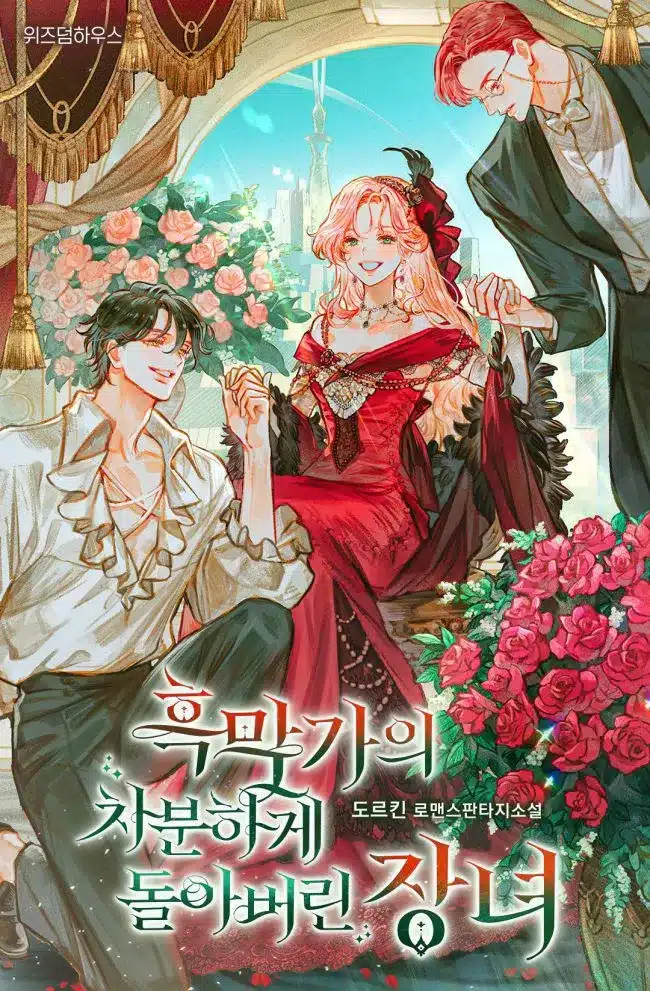
There Is No Such Thing as a Revolution in Russia
러시아에 혁명 따윈 없다
Status: Ongoing Type: Kingdom building, Male protagonist, Politics, Royalty, Time travel, War Author: 쿤타세계관 Released: 2024 Native Language: Korean
The last of the empire, Nicholas, does not tolerate it.
















